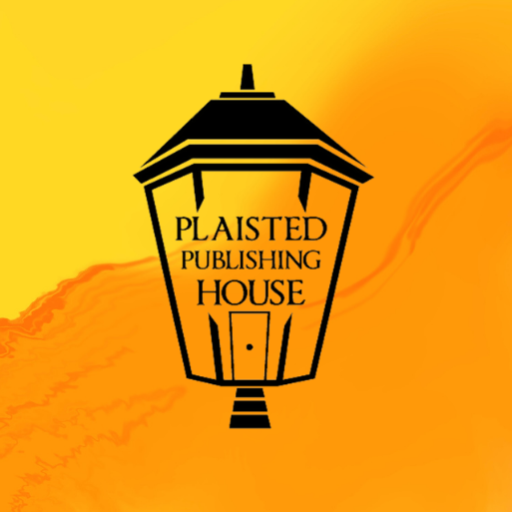How to Tell a Compelling Brand Story by Clifford Chi
Brand Storytelling is a new Marketing idea which has taken off. Since many of us are Authors and Publishers we should have some great stories to tell… and below, they show you what you need to do. For those authors who do Outlines…this should be a breeze. Start reading and click the link at the…
Read more


Recent Comments